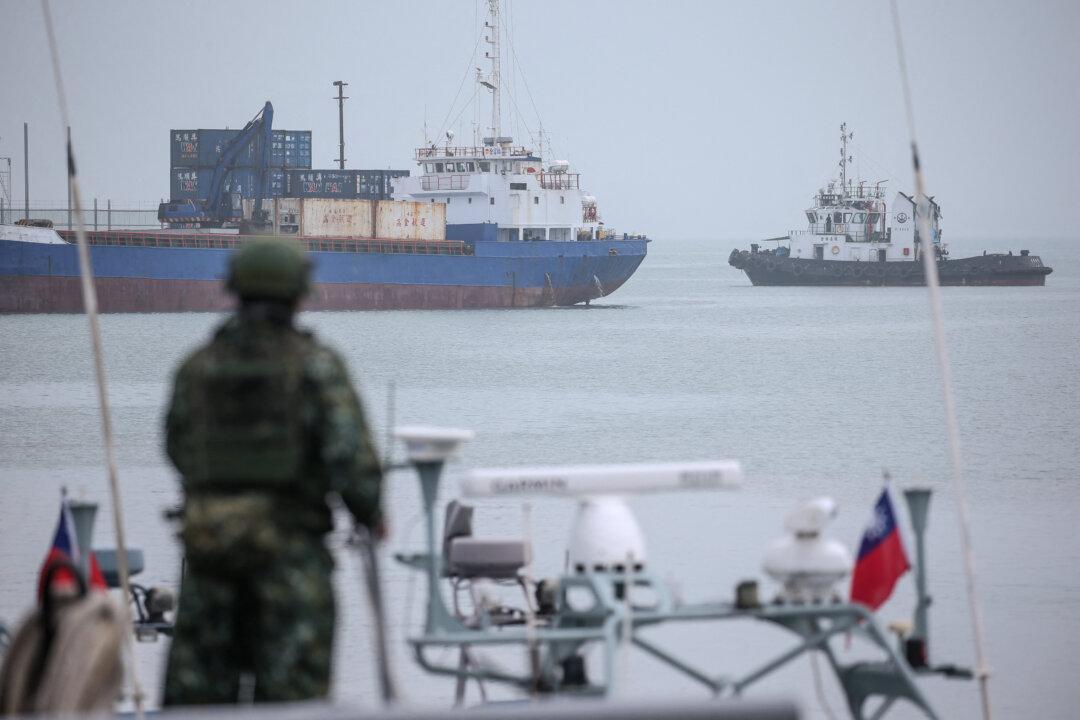The Chinese military on Friday continued its large-scale exercises in the sea and air spaces near Taiwan, a move that analysts say will only bring more international support to the democratic-governed island.
The war games involving the Chinese navy, air force, and rocket forces started on Thursday, just days after the self-ruled island’s new president came into office.




